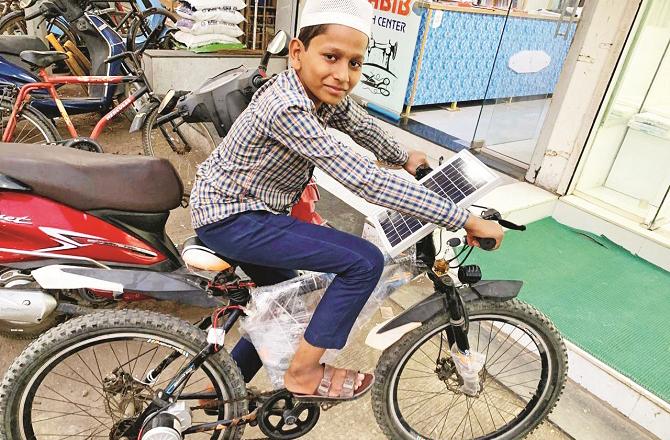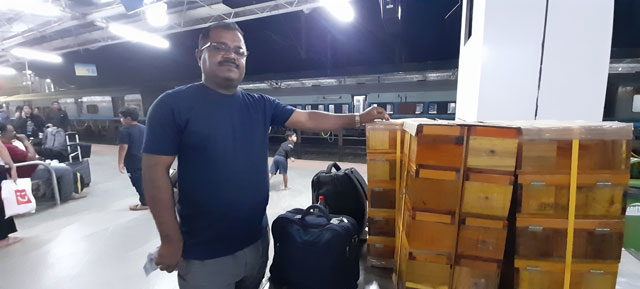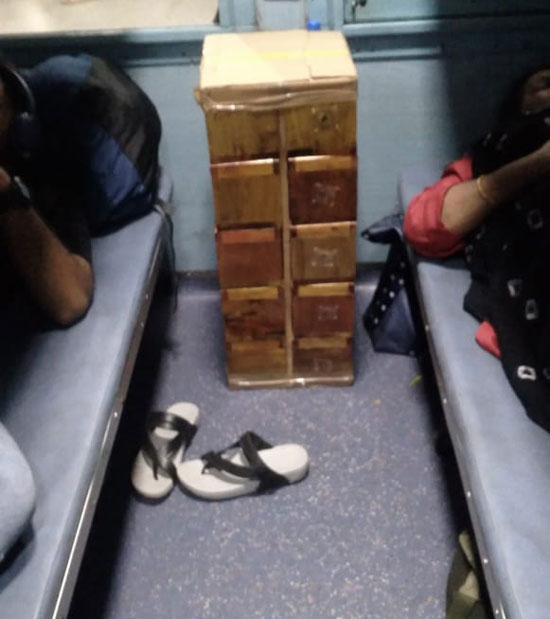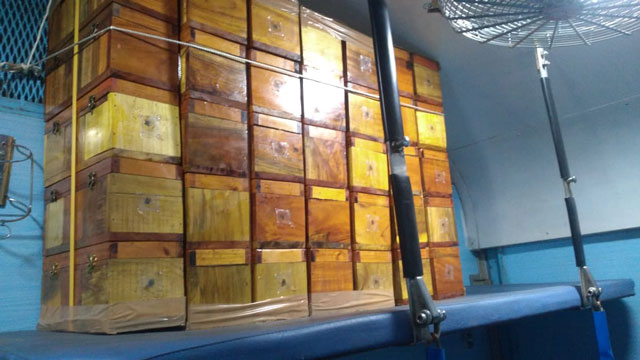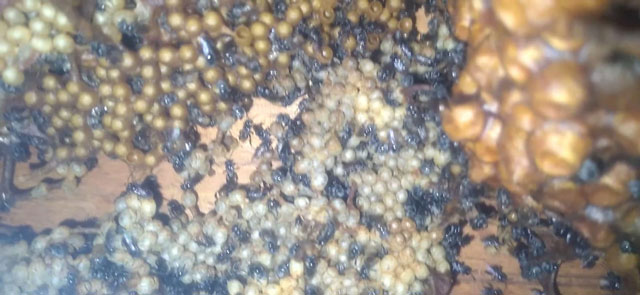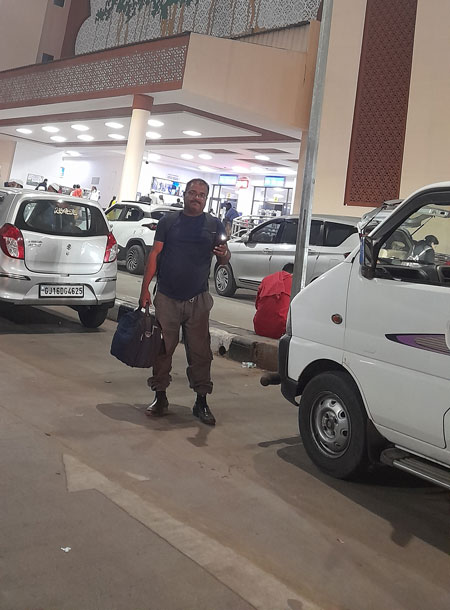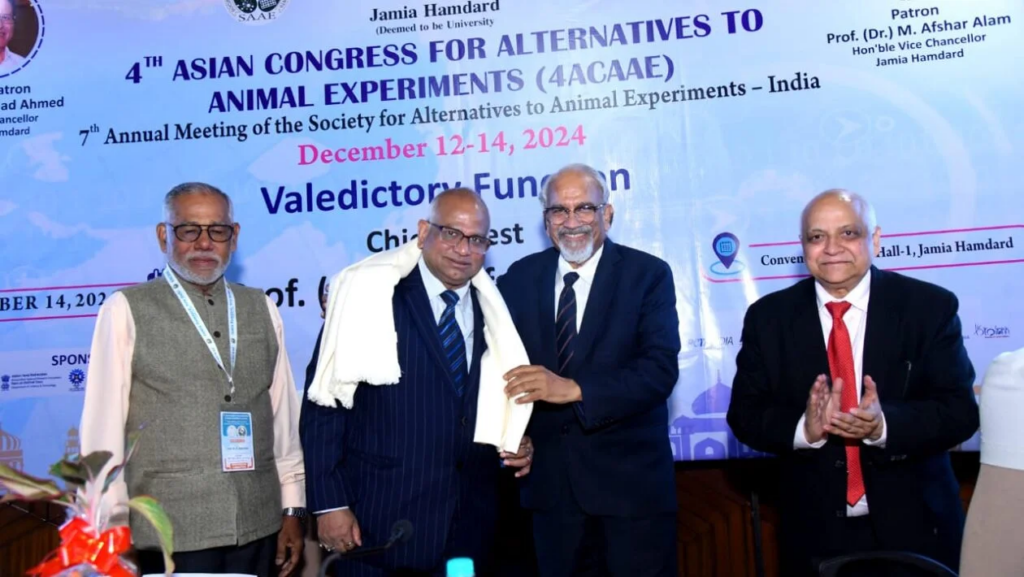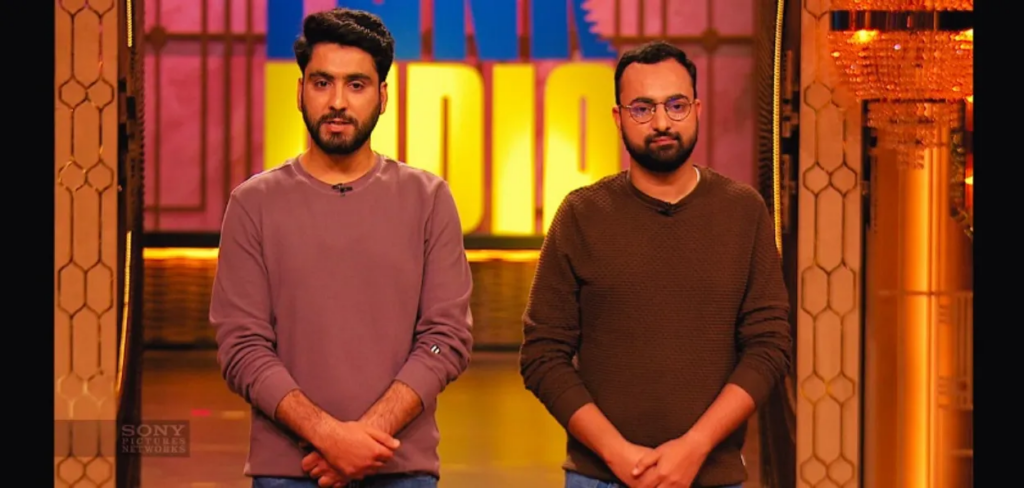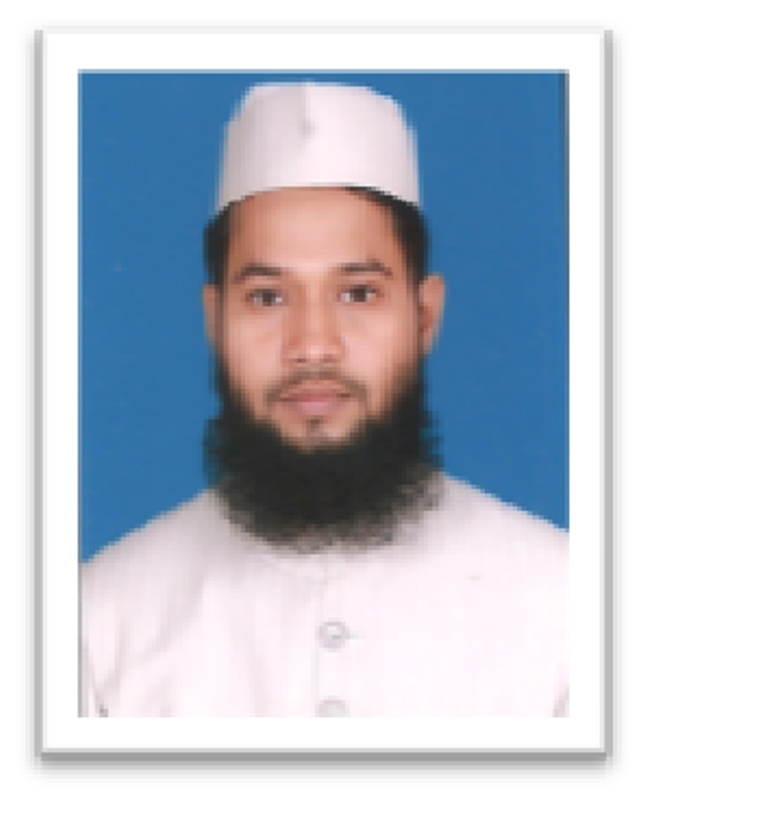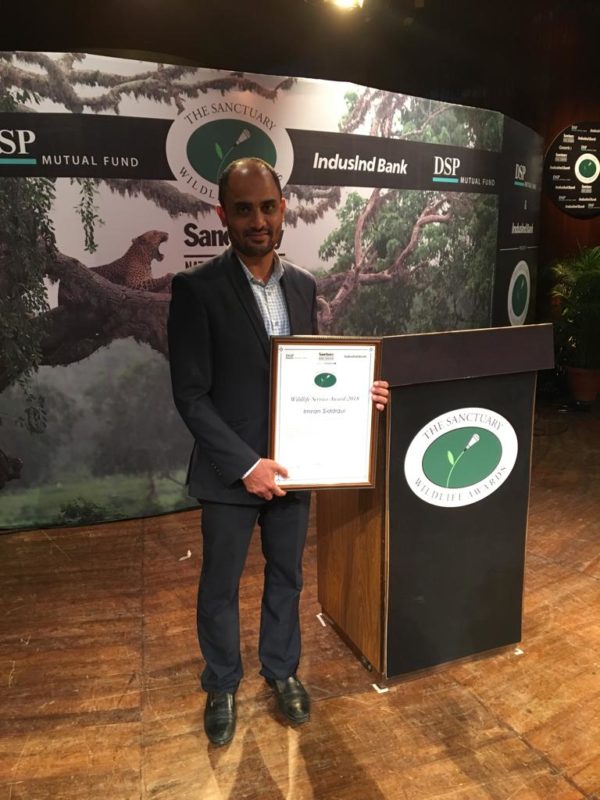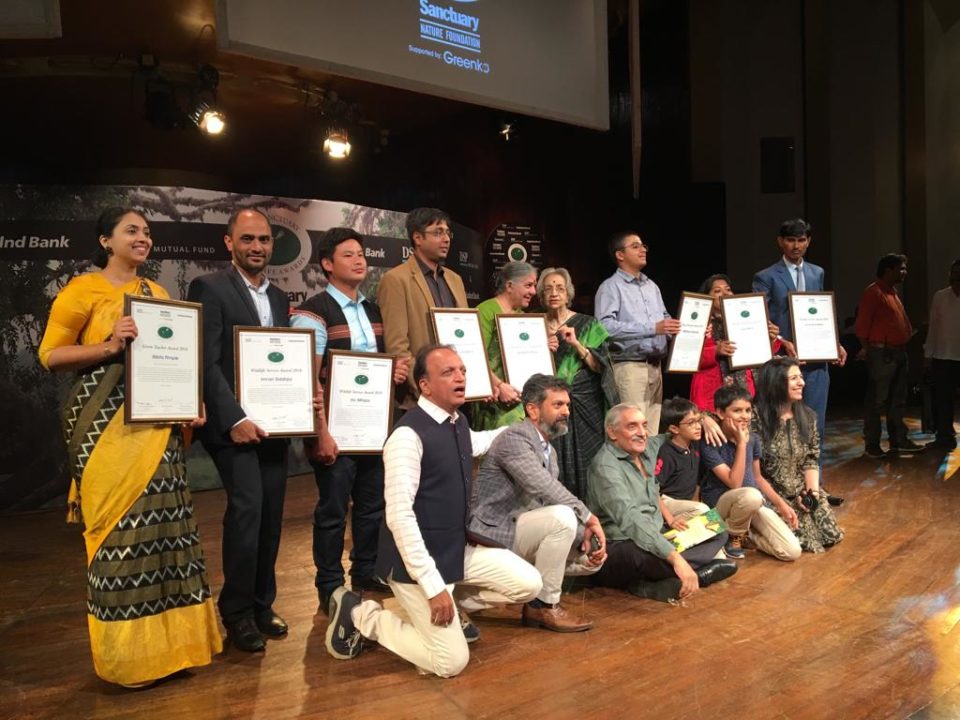KERALA :
Camellia Biswas and Ajmal S. Rasaq, who won the EARTH scholarships, on how they moved to studying the environment and sustainability through various perspectives.

Recognising the impact of climate change. | Photo Credit: Freepik
Two Indian doctoral researchers, Camellia Biswas and Ajmal S. Rasaq, have been awarded the prestigious EARTH scholarships funded by British Council Scotland and delivered by the Scottish Graduate School for Arts and Humanities. It supports early-career researchers from around the world studying environment and sustainability through the Arts, Science, and the Humanities.
Biswas, who is in the Humanities department of IIT-Gandhinagar, specialises in ecological anthropology, human-animal studies, disaster studies and participatory research methodologies. Her Ph.D thesis focuses on mapping the dynamics of human and non-human interactions in the Indian Sundarbans, under the larger discourse of the climate disaster. In 2022, she was named British Council’s Women Leadership Fellow.
Rasaq, who secured the first rank in B.A. Political Science from St. Thomas College in Palai, Kerala, and pursued M.A. and M.Phil. degrees in Political Science at the University of Hyderabad and Jawaharlal Nehru University in New Delhi, switched over to climate change studies in his Ph.D course in IIT-Guwahati.
Since April, they have been undertaking in-person and hybrid exchanges in Scotland, which would go on until June in environmental arts and humanities. During her scholarship period, Biswas will collaborate with University of the Highlands and Islands (UHI) in Inverness, while Rasaw is affiliated with the University of Glasgow’s Human Geography department. They shared their experiences over an e-mail interaction. Edited excerpts:
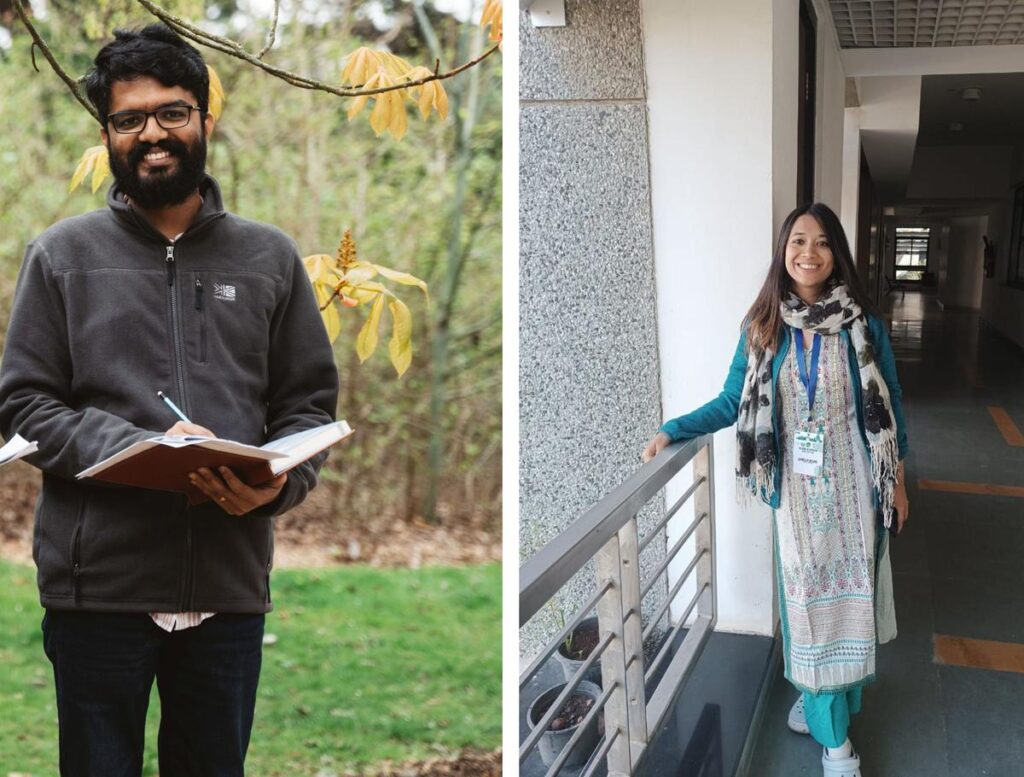
From left: Ajmal S. Rasaq and Camellia Biswas, winners of the Earth scholarship winners. | Photo Credit: Special Arrangment

What inspired you to take up your field/subject of study?

Camellia Biswas (CB): I am deeply intrigued by the ever-changing realm of interactions between multiple species in the context of climate change. In this project, my focus lies on the study of zooarchaeology entwined with cultural and political ecology. I will be utilising a deep-time perspective to explore the implications of climate change. Specifically, I am examining the ecological-cultural evolution of human-seal relationships in the Northern Scottish Islands, from past to present, to comprehend climate emergency and conservation action.
Ajmal S. Rasaq (ASR): My Ph.D. project looks into how the changing weather conditions, particularly unseasonal precipitation and cyclones, impact the socio-economic relations in Chellanam, a coastal suburb of Kochi in Kerala. Though my academic background is in Political Science, I shifted to human geography in my Ph.D. programme after seeing significant weather events in recent times, such as the devastating floods of 2018 and the Ockhi and Tauktae cyclones (in Kerala). Over time, I came to recognise the profound impact of climate, which I had until then seen only as a background for agricultural and fisheries production.
How can the EARTH scholarship help you to enhance your understanding of your subject?
CB: The programme will enrich my understanding of STEAM (Science, Technology, Engineering, the Arts, and Mathematics) education in Scotland, and I hope to bring some of these learnings to apply in India. I’ve realised that topics across Humanities have implications for my own work. Scotland is very rich in visual narratives such as storytelling, folktales and myths embedded in historical records. Therefore, this will be very useful for my research. During my time here, I’m learning that topics across Science and Humanities are all connected. Scholars can help each other through different expertise and subjects.
ASR: I had already spent over a year collecting data through ethnographic fieldwork before joining this programme in April. This is an opportunity to connect with leading professors and other fellow scholars for three months. The training programme offered during the initial two weeks of the scholarship helped me to look deeper into the data. My mentor, Dr. David Featherstone at Glasgow University, has also been helping me in enriching my understanding in my area of research.
Any advice for students who may wish to apply for such programmes?
CB: Students who are interested in these scholarships must stay alert and proactive by subscribing to notification pages and newsletters. Also, customise your applications to align with the specific requirements and goals of the scholarship(s).
ASR: Start early and allow sufficient time for the application process. Begin by identifying a potential supervisor who aligns with your area of research. In the proposed application, it is vital to emphasise the anticipated impact of the research. Applicants must highlight how their work can help in fostering cross-national collaborations in future.
source: http://www.thehindu.com / The Hindu / Home> Education / by Nahla Nainar / June 24th, 2023
